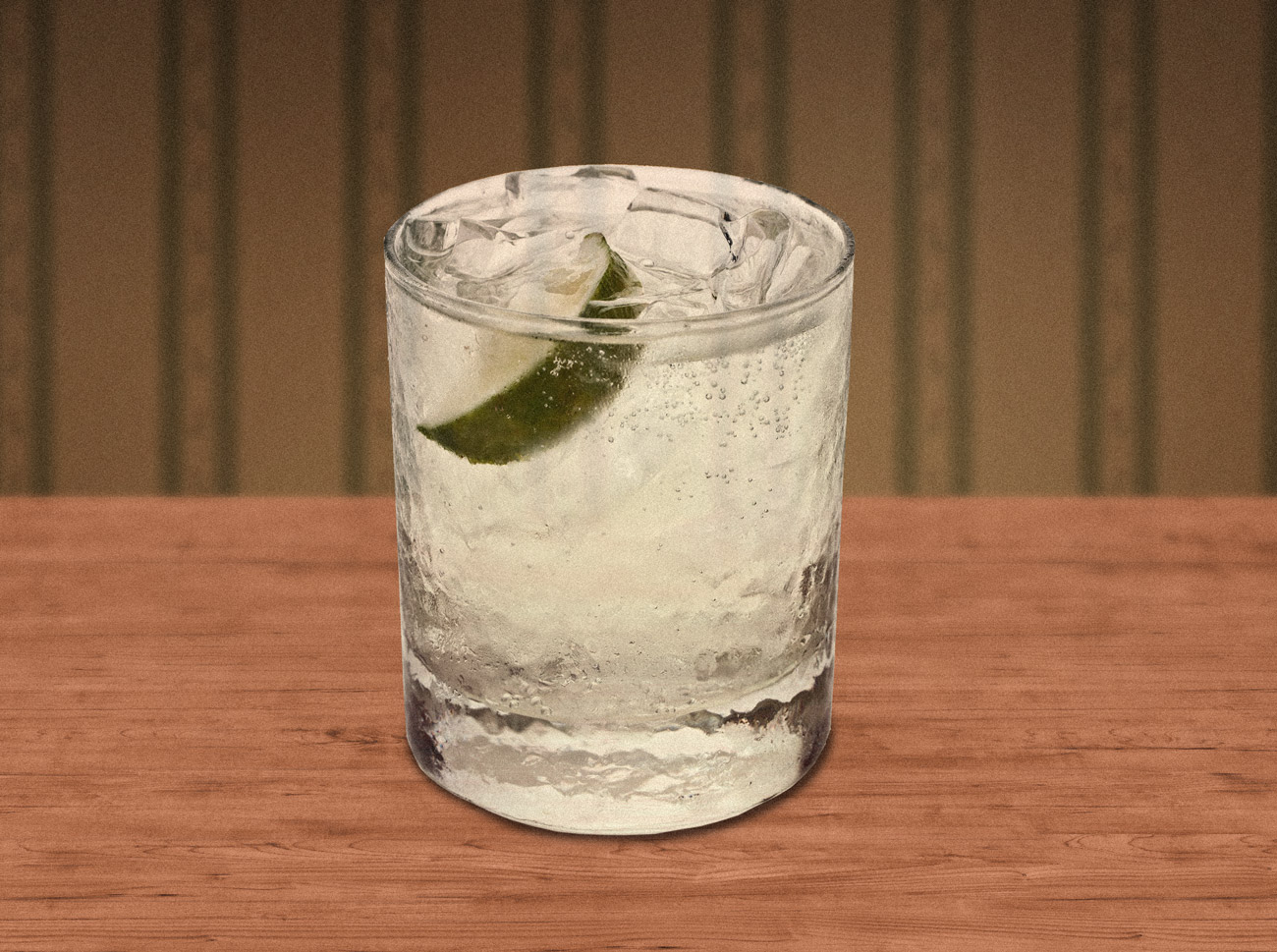© 2017 All Rights Reserved. Do not distribute or repurpose this work without written permission from the copyright holder(s).
Printed from https://www.damninteresting.com/curio/buzz-on-buzz-off/

By the 1840s the British Empire was at full tilt, operating colonies on every continent apart from Antarctica. Key for Britain’s domination of world trade was India, which provided cotton, lumber, and one of the most formidable foes the Empire had yet faced. For all of its mercantile successes, the British Empire was nearly brought to its knees by the humble, irritating mosquito.
Malaria was rampant in the tropical colonies. Its initial onset was marked by high fevers, chills, and vomiting. In extreme cases it lead to seizures, coma, and death. Left untreated the disease resurged in prior victims, incapacitating those who had battled through a first encounter. The causal link between malaria and insects had been observed as far back as the Roman occupation of Northern Africa. Despite this, the parasitic protozoans that the mosquitoes carried—and that ultimately caused the disease—were not discovered until the turn of the 20th century. What was known was an effective, if gustatorially unpleasant, treatment.
Quinine, derived from the bark of the cinchona tree native to South America, was known to be an effective treatment for malaria as early as the late 16th century. The dried and powdered bark was shipped around the Empire to battle malaria and maintain British presence in the colonies. The unpalatable taste of the bitter alkaloid was a common complaint, and as a remedy, colonists began mixing the substance with water and sugar. This crude ‘tonic water’ took the colonies by storm. In short order the officers in the British military began adding this new, more pleasant dose of malaria prevention to their afternoon tipple. Gin, a favorite among the military elite, was the natural choice. And thus the gin and tonic was born.
It may never be known who was the first to mix anti-malarial business with pleasure, but the gin and tonic’s historical relevance should not be overlooked. So next time the summertime resurgence of mosquitoes proves to be too much, raise a G&T to your health. And perhaps add a wedge of lime to ward off that pesky scurvy.
[Ed. Note: We do not endorse gin and tonic as a sole means of mitigating mosquito related diseases. See your medical professional for more details.]
© 2017 All Rights Reserved. Do not distribute or repurpose this work without written permission from the copyright holder(s).
Printed from https://www.damninteresting.com/curio/buzz-on-buzz-off/
Since you enjoyed our work enough to print it out, and read it clear to the end, would you consider donating a few dollars at https://www.damninteresting.com/donate ?
It is very sad that the disclaimer at the end of this article is necessary.
Editor:
Perhaps you don’t endorse “jumping in and out of a gin and tonic” (to quote Douglas Adams), but what it can hurt? Actually, if one is good, several should be right bloody brilliant. Better safe than sorry.